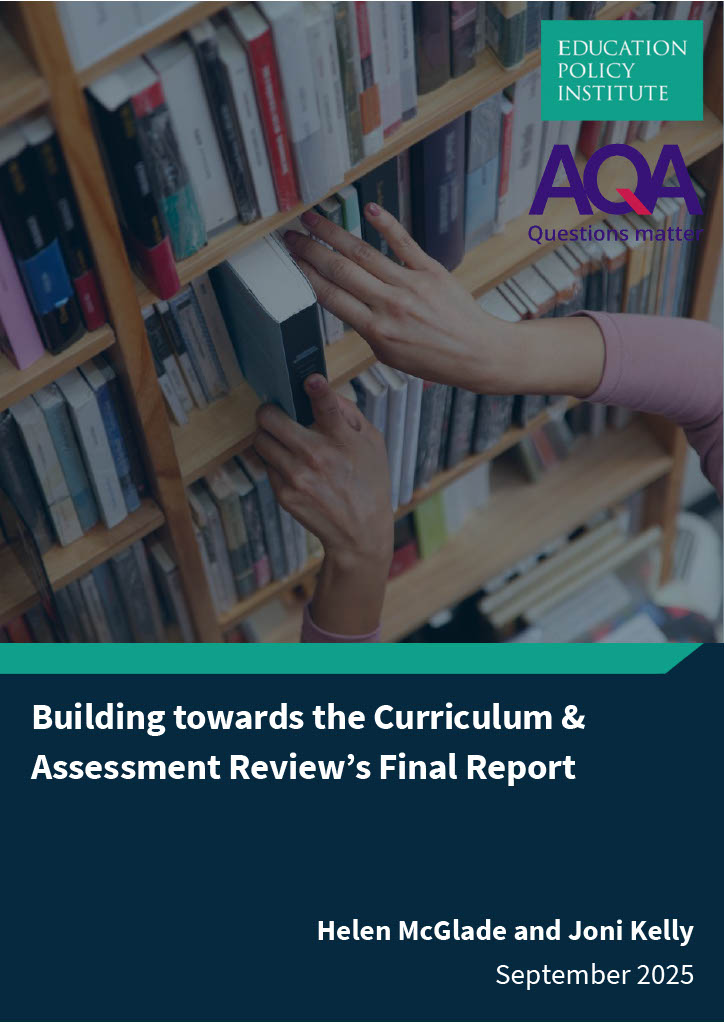In September 2024, the Government commissioned an independent Curriculum & Assessment Review to examine the National Curriculum to ensure it remains fit for purpose and delivers educational excellence for all. This marks over a decade since the curriculum offer was last reviewed. Earlier this year, the Review published its interim report, confirming its “evolution, not revolution” approach and stating that the current education system is working “relatively well”. However, the interim report identifies four key challenges that it says need to be addressed:
-
Ensuring high standards for all;
-
Responding to societal and technological change;
-
Getting 16–19 technical and vocational qualifications right; and
-
Subject-specific issues.
Cutting across these issues, the Review panel is continuing to seek input into several areas, two of which we address in this paper.
First, how to strike a balance between subject breadth and depth in the curriculum. This follows concerns of an overfull curriculum causing ‘teaching to the test’ and the hampering of teacher professionalism.
Second, how to improve inclusivity, particularly for young people with special educational needs and disabilities (SEND), while maintaining rigour.
In the summer of 2025, the Education Policy Institute (EPI) partnered with AQA to bring together expert stakeholders in two roundtables to examine these issues. This paper draws together reflections from those discussions. Participants explored what is needed from a reformed curriculum and assessment system in order to provide a rigorous, enriching curriculum without overburdening pupils or teachers. Our overarching question to participants was “how can we ensure all pupils, no matter their interests or circumstances, can thrive within the English education system?”.
The full list of recommendations from participants covers topics ranging from subject breadth versus depth, the impact of AI and digital technologies, and the influence of the accountability system on curriculum and assessment, to what an inclusive curriculum and assessment system should look like.


